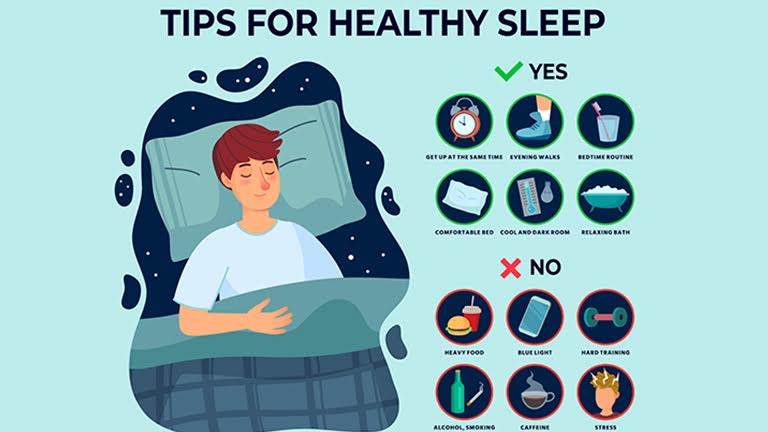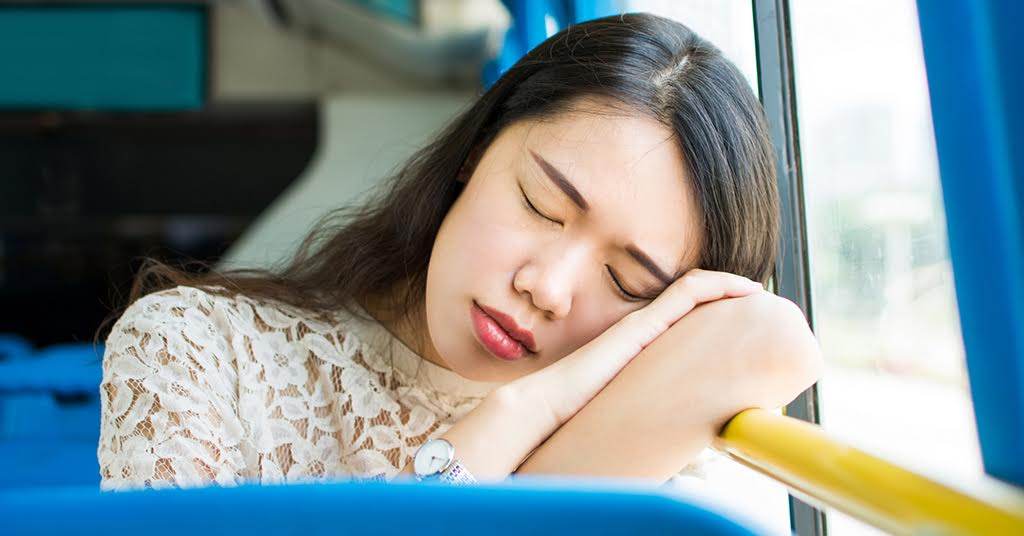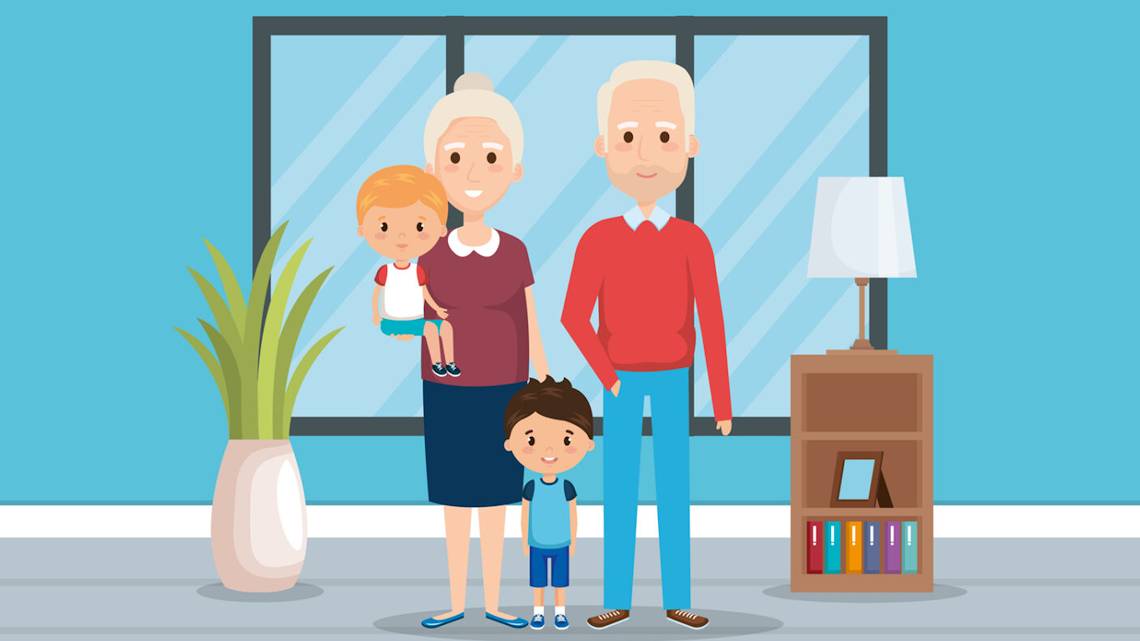
In a fast-paced city like Hong Kong, sleep often takes a backseat to work, family, or personal time. A 2024, Department of Psychiatry at CUHK Medicine study, involving 5,500 participants found that 40% suffered from moderate to severe insomnia. Meanwhile, an ESDlife survey of 704 residents revealed that 74% had poor sleep quality, and 83% did not get enough rest (CUHK, 2024; China Daily, 2024). These statistics reflect an alarming case of sleep deprivation issue in HK, especially as mental health becomes a global concern.
The Importance of Sleep for Cognitive Performance
Sleep is crucial for cognitive functions like memory, decision-making, and emotional regulation. Research highlights that adequate sleep, particularly deep sleep, is essential for these processes. Business leaders like Sheryl Sandberg and Jeff Bezos emphasize sleep for better performance, a claim supported by Harvard studies linking sleep to improved problem-solving and creativity (CNBC, 2017; Harvard Medical School, 2012 – 2024).
Lack of sleep impairs attention, alertness, and reaction time, all critical for high-stakes decision-making. Moreover, it affects emotional intelligence, making it harder to manage stress or communicate effectively with teams and clients. This is why many top-tier athletes and corporate leaders emphasize good sleep quality as non-negotiable in their performance toolkit. (Harvard Medical School, 2024)
Sleep Deprivation and Its Impact on Mental Health
According to Sleep Scientist Dr. Mathew Walker at University of California, Berkeley, sleep deprivation significantly impacts mental health by activating the body’s stress response, elevating cortisol levels, and increasing inflammation (Walker, 2017). Chronic sleep loss disrupts the hypothalamic-pituitary-adrenal (HPA) axis, exacerbating anxiety and depression while contributing to burnout. Over time, persistent HPA activation can lead to physical and mental health breakdowns, including chronic fatigue and autoimmune disorders. Elevated cortisol also reduces emotional regulation, worsening sleep quality and increasing the risk of developing mental health issues such as depression. (Riemann et al., 2020).
Sleep Stages and Their Role in Mental Health
Sleep is a dynamic process with multiple stages, each vital for overall well-being. Non-Rapid Eye Movement (NREM) sleep consists of four stages.
- Stages 1 and 2: lighter phases of sleep that help transition into deeper sleep. It initiates memory processing. (Walker, 2017).
- Stages 3 and 4: Deep stages of sleep that are crucial for physical recovery, tissue repair, and detoxifying the brain, which reduces the risk of neurodegenerative diseases. (Walker, 2017).
Then, there is the Rapid eye movement (REM) sleep that is particularly important for emotional regulation. This is when the brain processes emotions and helps stabilize mood. Lack of REM sleep can lead to poor emotional control, increasing the likelihood of anxiety and depression. People who miss out on this stage often face a negative feedback loop, where stress disrupts sleep, and poor sleep worsens mental health, leading to emotional instability. Thus, prioritizing sleep quality, especially REM, is essential for maintaining both physical and mental health. (Tyagi, M., Shah, U., Patel, G., Toshniwal, V., Bhongade, R., & Sharma, P., 2023).

Sleep Hygiene: Practical Steps to Improve Sleep and Mental Health
There are many actionable steps we can take to improve our sleep quality and in return upregulate our mental health. Let’s dive into sleep hygiene habits and practices that yield the highest quality sleep.
- Establish a Regular Sleep Schedule: Going to bed and waking up at the same time every day helps regulate the body’s internal clock, improving sleep quality (Harvard Medical School, 2024).
- Limit Stimulants: Avoid caffeine after 2 PM and limit sugar intake, both of which can interfere with the natural sleep-wake cycle. Studies show that caffeine has a half-life of 5-8 hours; so, its impact on delayed sleep onset and overall sleep duration can be high. (Drummond, S. P., Smits, M. A., & Pijlman, F. T. M., 2001).
- Exercise and Diet Timing: Avoid exercising or eating heavy meals within four hours of bedtime. A study in Journal indicates that intense exercise late at night raises body temperature and heart rate, delaying sleep onset (Chennaoui, M., Arnal, P. J., Sauvet, F., & Léger, D., 2015).
- Limit Alcohol: While alcohol may initially induce sleep, it disrupts deep sleep cycles, leading to poor-quality rest. Experts note that alcohol reduces REM sleep, exacerbating mental health issues (He, S., Hasler, B., Chakravorty, C., 2019)
- Sunlight Exposure: Getting at least 15 minutes of sunlight in the morning helps regulate the body’s circadian rhythm by triggering the release of serotonin, a precursor to melatonin, which is crucial for sleep (Chellappa, A., et al., 2021)
- Sleep Ritual: Create a wind-down routine 30 minutes before bed. This could include activities like light stretching, meditation, or reading. Dr. Walker, sleep scientist, suggests that calming routines lower cortisol levels, making it easier to fall asleep (Walker, 2017).
Conclusion
Sleep is vital for mental and physical well-being, impacting cognitive performance, emotional regulation, and stress management. Sleep deprivation disrupts these processes, especially by affecting REM sleep, leading to higher stress and mental health decline. Persistent sleep issues shouldn’t be masked with medication alone—sleeping pills aren’t a long-term solution. Personalized strategies are essential and consulting a coach or functional medicine health-care professionals who can employ some tailor approaches to your specific needs for lasting improvement.
Photo Credits:
First image: Tetiana Lazunova
Second image: Creative-Family
References
China Daily (2024). “Survey: Nearly 75pc of HK people troubled by poor sleep, take naps during commuting a popular choice”
CNB (2017). “Jeff Bezos, Sheryl Sandberg and 5 other business leaders all prioritize the same habit”
Harvard Medical School (2012-2024)
- Connor, M. (2019) Aging and sleep: Making changes for brain health
- Simon, H. (2012) Sleep helps learning, memory
- Learning while you sleep: Dream or reality?
- Levine, H. (2024) REM sleep: What is it, why is it important, and how can you get more of it?
Walker, M. (2017). Why We Sleep: Unlocking the Power of Sleep and Dreams.
Riemann, D., et al. (2020). Focus on sleep, insomnia and mental health. Journal of sleep research, 29(5), e13189.
Tyagi, M., Shah, U., Patel, G., Toshniwal, V., Bhongade, R., & Sharma, P. (2023). The impact of sleep on physical and mental health: Importance of healthy sleep habits. Georgian medical news, (339), 89–94.
Drummond, S. P., Smits, M. A., & Pijlman, F. T. M. (2001). Caffeine in the human body: Pharmacokinetics, pharmacodynamics, and effects on sleep. Journal of Clinical Pharmacy and Therapeutics, 26(4), 237-252.
Chennaoui, M., Arnal, P. J., Sauvet, F., & Léger, D. (2015). Sleep and exercise: A reciprocal issue? Journal of Thoracic Disease, 7(2), E196-E205.
He, S., Hasler, B., Chakravorty, C. (2019). Alcohol and Sleep-Related Problems. Current Opinion in Psychology, (30), 117-122
Chellappa, A., et al. (2021). The effects of light exposure on circadian rhythm and sleep quality: A systematic review and meta-analysis. Sleep Medicine Reviews, 55, 101435

Cavan Chan
About the author
Cavan Chan is a sleepand performance coach with expertise in functional medicine and nutrition. He creates personalized wellness plans for clients, focusing on sleep hygiene, stress management, nutrition, and lifestyle changes to improve sleep and cognitive performance. Cavanalso leads corporateexperiential workshops that equip teams with actionable strategies to manage stress effectively and enhance workplace performance, empowering individuals to handle stress proactively.
Recently Added
Adaptogens are a class of natural herbs, roots, and mushrooms that assist the body in adapting to stressors in the environment. These …
The journey of raising children comes with countless moments where they need our support and guidance. Whether our children are typically developing …
The World Infant, Child and Adolescent Mental Health Day was first initiated to highlight the importance of mental health, starting from the …




